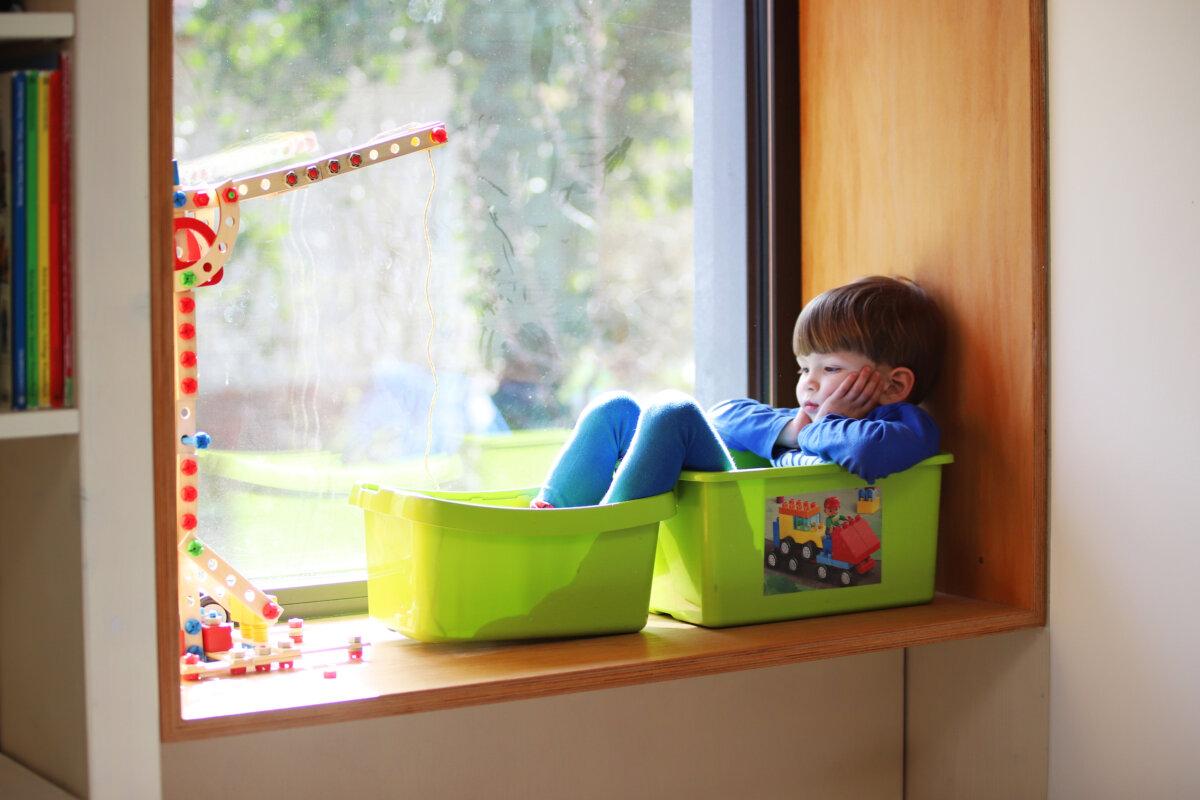Children who experienced feelings of loneliness for more than 6 months before age 12 were at higher risk of developing mental illness compared to children who did not experience such feelings. These research results were presented at the EPO in Budapest. This trend is more pronounced among women than men.

Mental illnesses include various mental states in which contact with reality is partially lost. Sufferers may have difficulty distinguishing between reality and fiction, resulting in symptoms such as hallucinations, delusions, and confused thinking. Psychosis is an indicator of other mental disorders, such as schizophrenia, bipolar disorder, or major depression.1-3
The current observational case-control study explored the phenomenon of loneliness, defined as subjective distress caused by the absence of deep, meaningful relationships, and distinguished it from social isolation, which refers to an objective lack of social interaction. Using a specific question about experiences of loneliness before the age of 12 (“Have you felt lonely for more than 6 months before the age of 12?”) and analysis of peer relationships, the researchers were able to identify 285 patients who had experienced loneliness. compared their first psychotic episode and 261 control subjects.